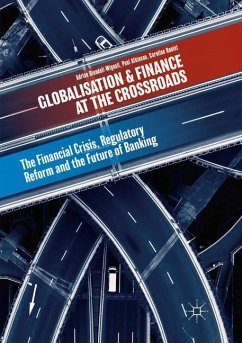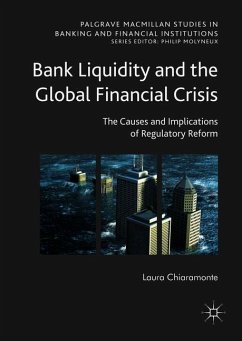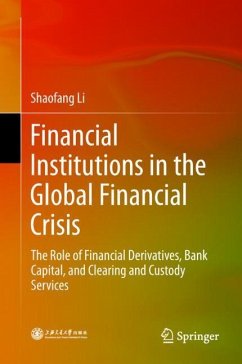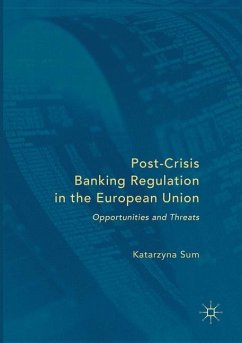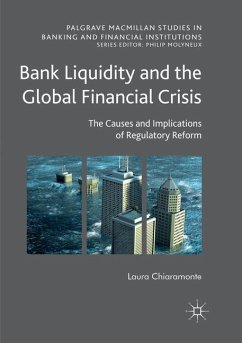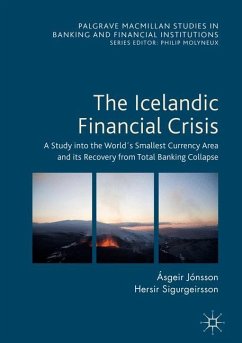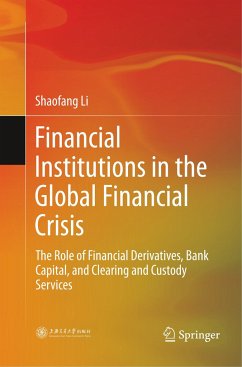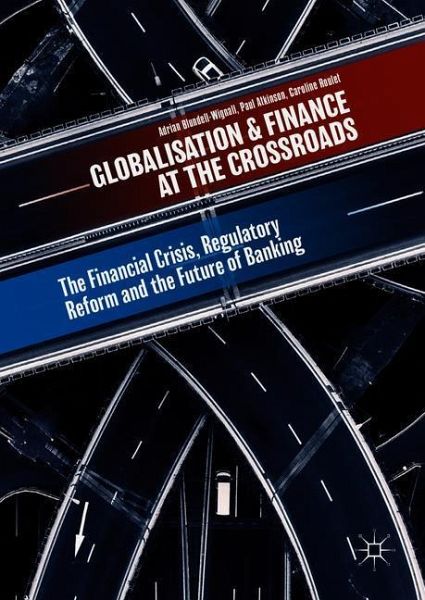
Globalisation and Finance at the Crossroads
The Financial Crisis, Regulatory Reform and the Future of Banking
Versandkostenfrei!
Versandfertig in 6-10 Tagen
106,99 €
inkl. MwSt.
Weitere Ausgaben:

PAYBACK Punkte
53 °P sammeln!
Globalisation and the governance of the international financial system have arrived at the crossroads, where either a coherent level playing field for the cross-border activities of banks and multinational enterprises is settled upon, or the risk of another crisis will build up again. This book will explore the underlying problems alongside inconsistent economic and financial trends as a guide for researchers, advanced students and professionals to think about the interconnectedness of the factors involved. Readers will gain insights drawn from recent developments in economic theory and empiri...
Globalisation and the governance of the international financial system have arrived at the crossroads, where either a coherent level playing field for the cross-border activities of banks and multinational enterprises is settled upon, or the risk of another crisis will build up again. This book will explore the underlying problems alongside inconsistent economic and financial trends as a guide for researchers, advanced students and professionals to think about the interconnectedness of the factors involved. Readers will gain insights drawn from recent developments in economic theory and empirical research-a toolkit to help them in their future careers in economics and finance-illustrated with an analysis of the 2008 crisis and its aftermath.





